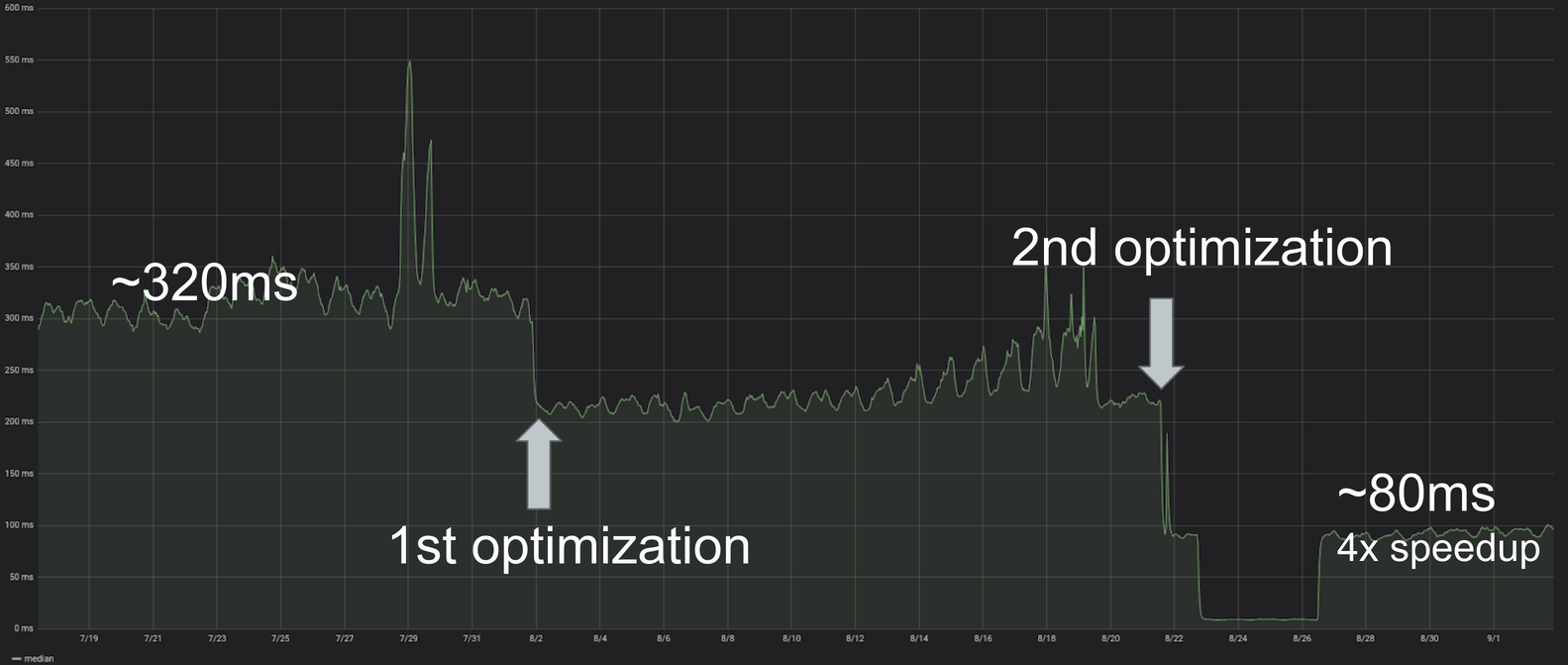Being clever is a good thing for a developer. Ingenuity allows us to write software that solves complex real-world problems. However, “clever” code is not always a good thing. In many cases — I dare say in most cases — it is a very bad thing. I consciously try to avoid writing code that might be seen as “clever”. The smart thing to do is trying hard not to be smart (yes, very 1984).
Developers tend to see themselves (quite indulgently) as smart people. Not many people understand what we do, and society sees a developer as a kind of modern wizard, writing unreadable magic spells in a small metal box. In reality, though, we are not half as smart as we think: for instance, if you are a developer, you are certainly familiar with the frustration of trying to understand some cryptic piece of code that seemed perfectly reasonable and straightforward when you wrote it a couple of months earlier.
